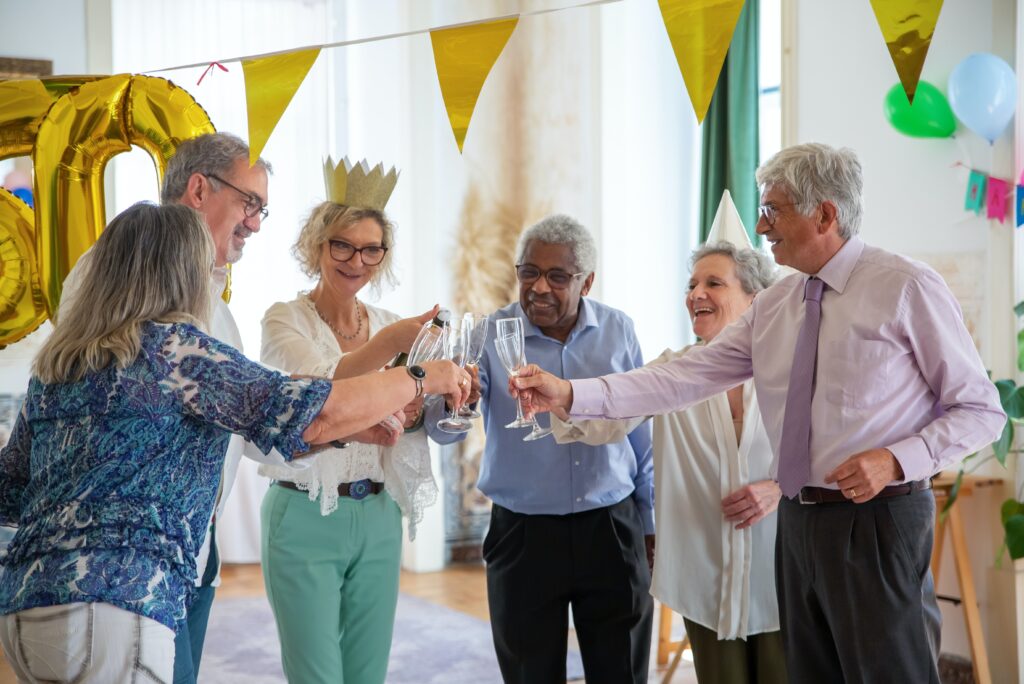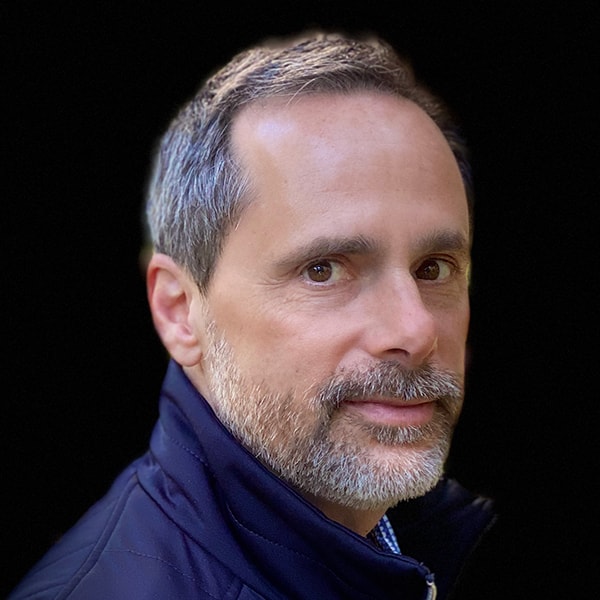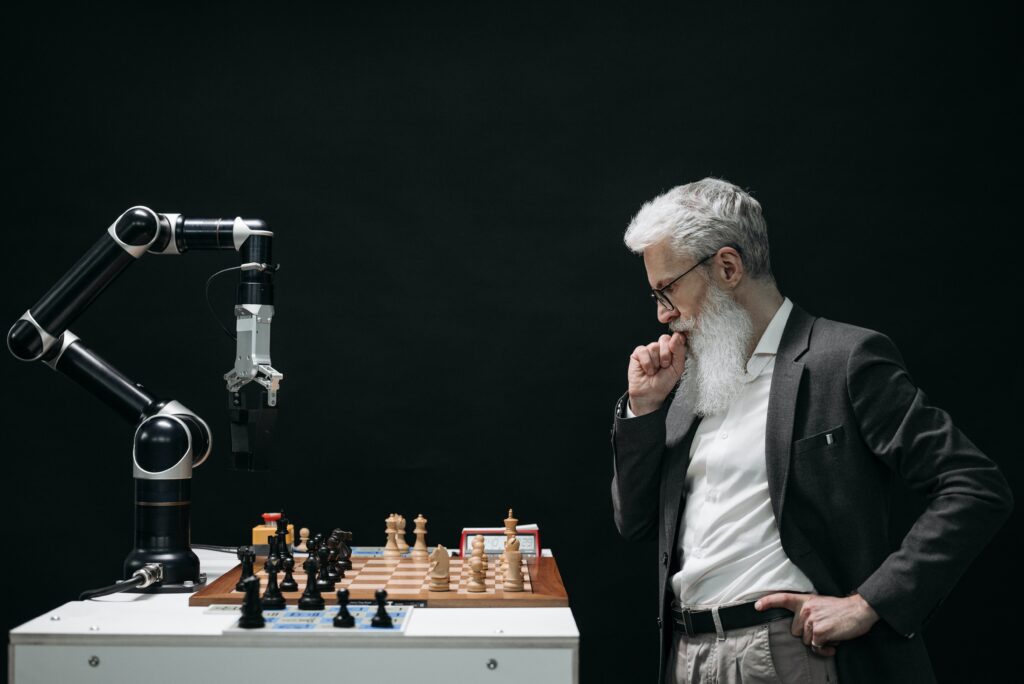Queer at midlife: Now what?
Congratulations! You came out, you survived your youth, it did get better, and you even made something of yourself in the face of homophobia and discrimination. So why do you feel bored, restless, unfulfilled? Here is some insight from Adam Blum, founder of The Gay Therapy Center and a licensed psychotherapist.
Do you have a partner, a good job, a cute pet, and enough money to buy most things you want?
Did you take the trip, eat the food, and post the photos?
If you did, you are supposed to be in gay heaven. And yet, perhaps you are not all that happy. Do you feel bored, like “is this all there is?”
Do you wonder why you can’t appreciate all the good you have?
These feelings are pretty common. But we rarely talk about them. If we do, we fear we’ll sound entitled and spoiled.
We spend the first half of our lives doing and striving. And when most of the goals are met, we feel lost and disappointed.
Everyone talks about getting it, but no one talks about what happens after you get it.
Things get interesting when we stay curious about this uncomfortable experience of “blah”. Underneath the boredom or light depression is a rich world of feelings and a new vision waiting to be discovered.
Surprising findings of happiness research
There’s a lot of research being done on happiness these days.
What thought would make us most happy is a devoted partner or a beautiful apartment.
However, the research makes it clear that the strongest source of happiness is the feeling of being connected and part of a larger whole.
That sounds old-fashioned. Like we should all be in church on Sundays. And the majority of LGBTQ people lost interest in religion a long time ago, especially when it became clear that we weren’t welcome in many churches.
In some ways, asking the question “what else will make me happy?” is luxurious. It means that the more basic needs of money and love have been met. It’s a good problem to have, but that doesn’t mean it isn’t a difficult and unsettling feeling, and it can cause depression and anxiety.
To answer the question you need to move beyond the central preoccupations of our culture. The loudest voices tell us that happiness is a matter of finding love, work, sex, and money.
These four areas take up most of our time, plus there’s a lot of good stuff to watch on Netflix and TikTok these days.
So if you want to increase your happiness, I advise you to focus on getting connected to something bigger. The mystics tell us that the soul is always urging us towards a larger life, whether we like it or not.
For most of us, that means finding a group where we belong. And not just any social clique. I mean a group that is focusing on a mission. The goal of the group could be community service, it could be improving your athletic or intellectual, or artistic interests, or it could be about exploring spirituality.
If you want the biggest bang for your buck, pick a group that is helping others. The research is clear: it’s one of the most powerful ways to increase your sense of fulfillment and happiness.

If you’ve ever taken a psychology class then you know that the famous psychologist Erik Erikson theorized that there are 8 stages of development over our life cycle. Stage 7 is called “Generativity vs. Stagnation.” It occurs between the ages of 40 and 65. It essentially states that if we don’t feel like we are adequately caring for others, and a part of a larger picture, we will feel stagnant.
The benefits of groups
Groups can be annoying. Members can fight, it can be hard to find parking at the meetings, and we’re tired from work.
And yet they provide an experience that can’t be had elsewhere, and certainly can’t be found sitting alone with our laptops. They provide the experience of connection and belonging. These used to be common human experiences back when everyone was stuck in the same boring town for generations.
We’ve left the dull, homophobic towns, but we’ve lost something in the process.

So even if it sounds corny, nerdy, or dull, I urge you to keep exploring until you find your group that is focused on creating something together. It’s easier to get started if you decide you are doing this for your own benefit, rather than feeling like it’s a sacrificial duty or something you “should” do.
Just type something you care about and the word “group” into Google and see what happens. It could take many months or years to find your people or purpose, but when you do, I think you will know greater happiness.
About the author
Adam D. Blum, MFT is a licensed psychotherapist and the founder of the Gay Therapy Center, the largest private therapy provider for the LGBTQ community in the US, with offices in San Francisco, Los Angeles, New York, Washington D.C., and with online services worldwide.






